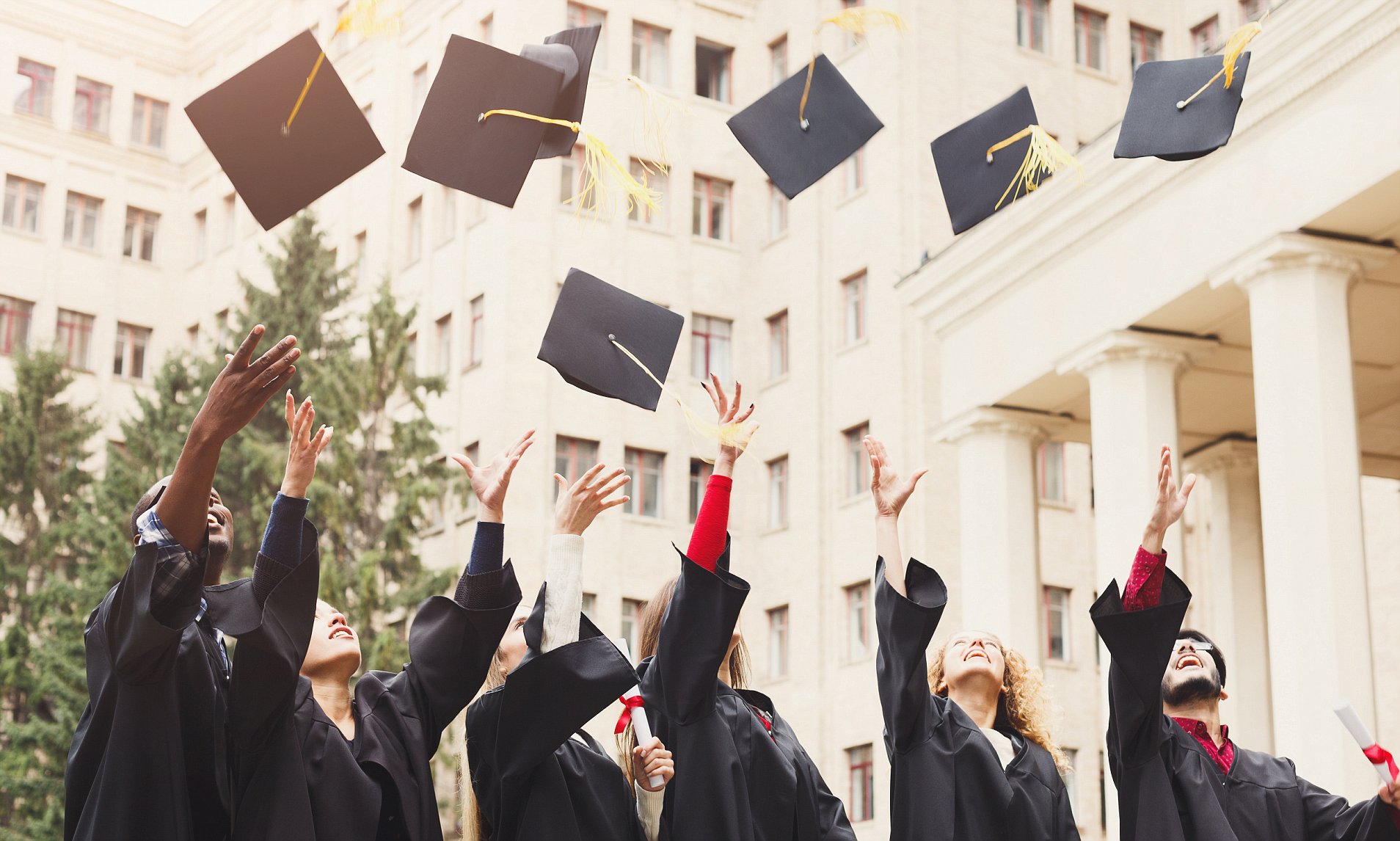Catherine Callaway is a disciplined student with a clear direction. This clarity of direction came to her six years ago under the saddest of the circumstances, the loss of her grandfather. Since then, Catherine has dedicated herself to becoming a neurosurgeon. This dedication has come in the form of academic studies in cognitive science and undertaking research both at home and abroad, specifically research on a robotic neurorehabilitation device produced by Swiss company Hocoma. But Catherine is very clear that the science won’t cloud her compassion; she will not lose her sense of humanity.
As she now wraps up her first semester upon her return from Switzerland, Catherine shared with FGS some reflections on her Swiss research internship and her passion project on her home campus, the University of Georgia.
How does this scholarship make a difference?
Zurich, Switzerland is the second most expensive city in the world, calculated according to living expenses. Without this scholarship, studying abroad on a student budget would be impossible. Although I was completing a research internship, my small lab could not afford reimbursement and the associated fees from Swiss customs. External scholarships, therefore, were my only source of funds. My time abroad not only expanded my horizons in the field of neuro-rehabilitation robotics but also exposed me to the vast differences between worldwide healthcare systems. As an aspiring physician, this global understanding of medicine will carry into my future work with research and, one day, patients.
As you consider this place in your life, what impact would you like to have on your community?
For the last year, I have dedicated myself to improving the on-campus climate regarding sexual assault. At current state, less than one percent of an estimated 4500 assaults are reported to campus police in a single year. While nationally between roughly 65% and 95% percent of assaults go unreported, this degree of underreporting far surpasses acceptability. In failing to encourage victims to come forward and seek justice, university policy leaves those experiencing sexual assault to face their attackers without the aid of appropriate psychological and physical health services, resulting in long term trauma for the individual. Furthermore, the high incidence of repeat offenders makes this shortcoming a safety hazard for all those on campus. Through the Roosevelt Institute, a non-partisan student-run think tank, I am in the process of addressing this ghastly issue through policy research. My hope is to leave campus with an environment where both people understand consent and its legal ramifications and victims feel comfortable enough with the university proceedings and policies to report their misfortune.
What is your life purpose? (Give it your best shot.)
It took me less than three days to understand the difference between a good and bad doctor. It took me one minute to become fascinated with the brain.
Six years ago, my grandfather was rushed to the emergency room after suffering severe head trauma from a fall down stairs. My family met at the hospital and immediately entered a meeting with the on-call neurosurgeon responsible for my grandfather’s life. What we were met with we could hardly believe: a man who not only failed to even express his condolences but who also seemed totally disinterested with helping us.
Following the advice of a nurse, we sought the help of another neurosurgeon. The polar opposite of our first doctor, he made a concerted effort to care for my family in our time of need. He acted as compassionately as any doctor should. My grandfather passed away that week, and without his aid, my family could not have endured it.
I clearly remember staring down that ICU hallway and realizing it was where I wanted to be, helping the families there just like mine. In that instant, I knew I wanted to be a neurosurgeon like the second one we experienced, one who did not lose his sense of humanity in his studies. Every day since, I have worked determinedly to achieve that goal. Through textbooks, classes, and internships, I have truly dedicated myself to my dream, and that dedication gives me enough pride to stand tall every single day.
You’ve been provided an amazing opportunity to study abroad; what amazing opportunity do you want to give or create for others?
Both my internship abroad and the research experience that lead me there were fantastic personal milestones, but their greatest reward was the opportunity to work with patients. Every day, I heard stories from people whose lives had tragically changed in an instant. I remember one girl only a few years older than myself who had lost the ability to walk. After developing a rare infection from a small cut on her face, her nervous system had begun to shut down from the bottom up. Despite her misfortune, however, I saw her push her body to her physical limit every single day just so she could take one more step.
Whenever I had time away from my research, I would sit in the busy training rooms and watch the patients work with therapists. In a space filled with victims of misfortune, I saw the most beautiful things. An exhausted smile from someone finishing a workout. A hug from parent to ailing child. A therapist cheering her patients as they walked for the first time. As these scenes played in front of me, I remembered once more why I want to be a neurosurgeon: to help those people when they need it most. To give them the opportunity to walk, laugh, and play once again.
